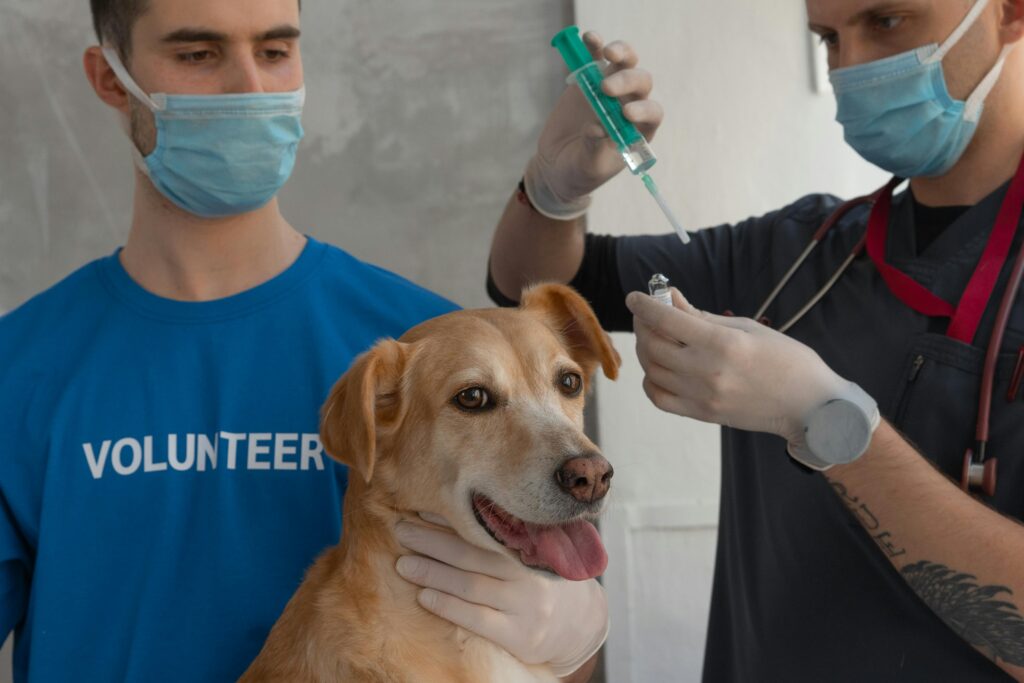
Puppies are curious, playful, and full of energy. Their behavior can sometimes confuse new owners, especially when they chew things, bark constantly, or act hyperactive. Understanding these behaviors helps you train your puppy better and build a strong, healthy bond. Puppies communicate through body language, sounds, and actions. Once you understand the meaning behind these behaviors, it becomes much easier to guide them in the right direction.
Why Puppies Behave the Way They Do
Every puppy is learning about their environment. Their behaviors come from natural instincts, playfulness, and early development stages. Most behaviors are normal, but knowing the meaning helps owners manage them correctly.
Puppy Chewing Everything
Chewing is one of the most common puppy behaviors. It usually means teething discomfort, curiosity about new textures, stress or boredom, or lack of mental stimulation. Healthy chewing toys help reduce this behavior and protect your household items.
Puppy Barking Often
Frequent barking can have different meanings depending on the situation. It may be attention seeking, excitement, fear of new sounds or people, boredom, or separation anxiety. Understanding the trigger helps you respond correctly and train better communication.
Puppy Biting or Nipping During Play
Play biting is normal for puppies. They explore the world with their mouths. This behavior usually means social play, testing boundaries, lack of bite control, or overexcitement. Teaching bite inhibition early helps reduce accidental nips as they grow.
Puppy Following You Everywhere
If your puppy walks behind you constantly, it usually means strong attachment, seeking comfort and safety, curiosity about your actions, or the beginning of separation anxiety. This is normal for young pups but should be balanced with short independence training.
Puppy Zoomies (Sudden Running Bursts)
Zoomies are sudden bursts of high energy. They often mean built-up excitement, excess energy, relief after grooming or bathing, or pure happiness. Zoomies are normal and harmless as long as the puppy has a safe open space.
Puppy Sleeping Too Much
Puppies need a lot of sleep, sometimes up to 18–20 hours a day. This behavior means healthy growth, brain development, and physical recovery. Consistent sleep patterns are important for their overall well-being.
Puppy Whining or Crying
Whining can mean hunger, loneliness, need for bathroom, feeling cold, wanting attention, or mild discomfort. Paying attention to the situation helps you understand the cause better.
Puppy Digging Indoors or Outdoors
Digging is a natural instinct. It often means boredom, desire to hide objects, cooling instinct in certain breeds, or excess energy. Regular exercise and mental games help reduce unnecessary digging.
Puppy Jumping on People
Jumping is a sign of excitement and social greeting. Puppies jump because they want attention, are happy to see someone, or have not learned proper greeting manners. Training calm greetings helps manage this behavior.
Final Thoughts
Puppies show their emotions and needs through simple behaviors. Understanding what these actions mean helps you support your puppy, avoid frustration, and encourage healthy habits. With patience, training, and consistent routines, your puppy will grow into a confident and well-mannered dog. PetsDogPuppy


